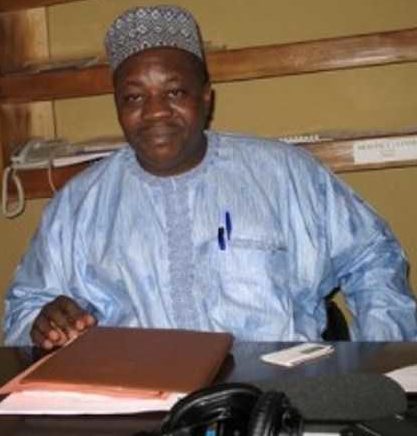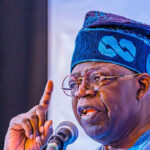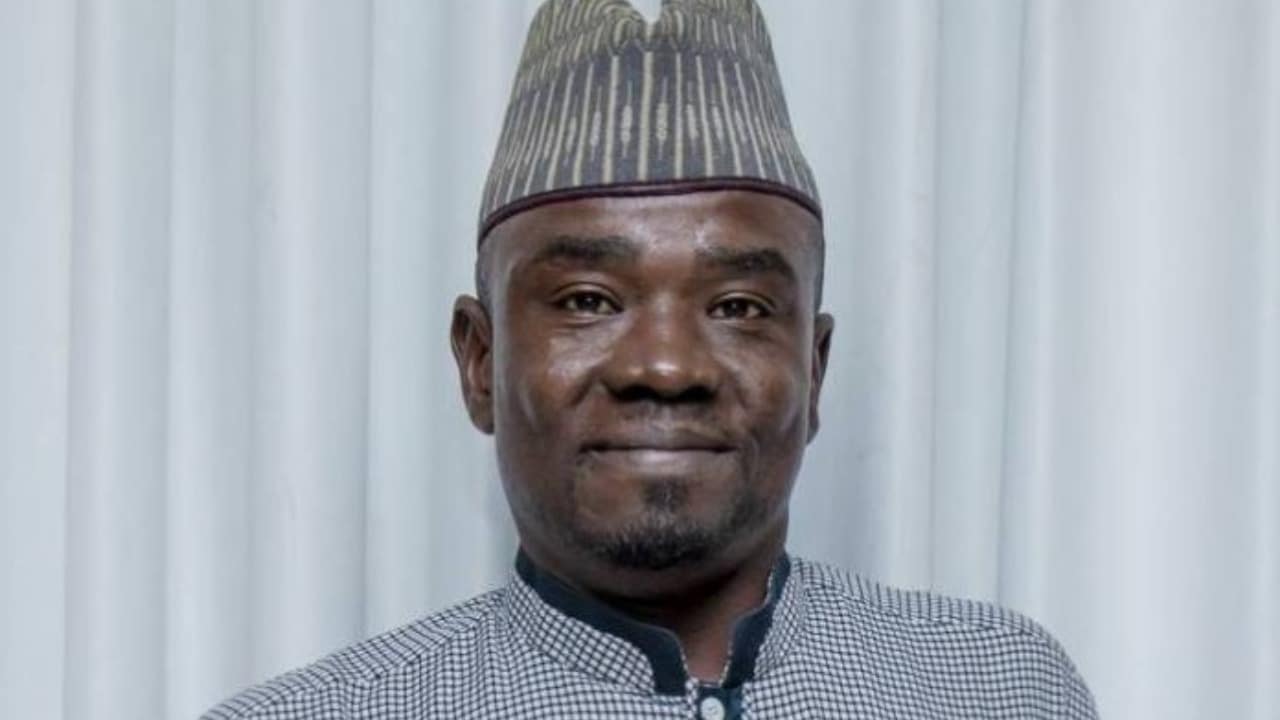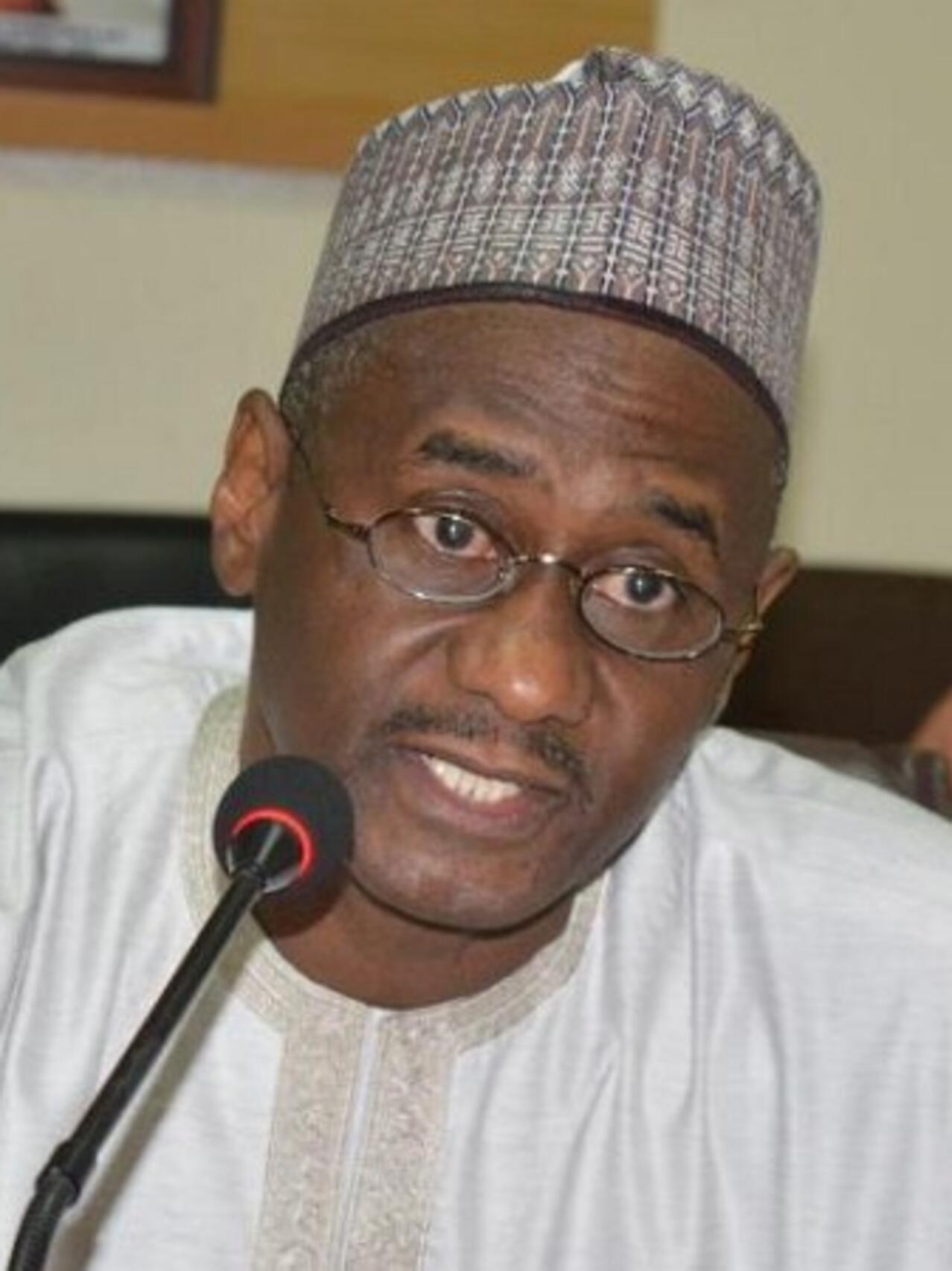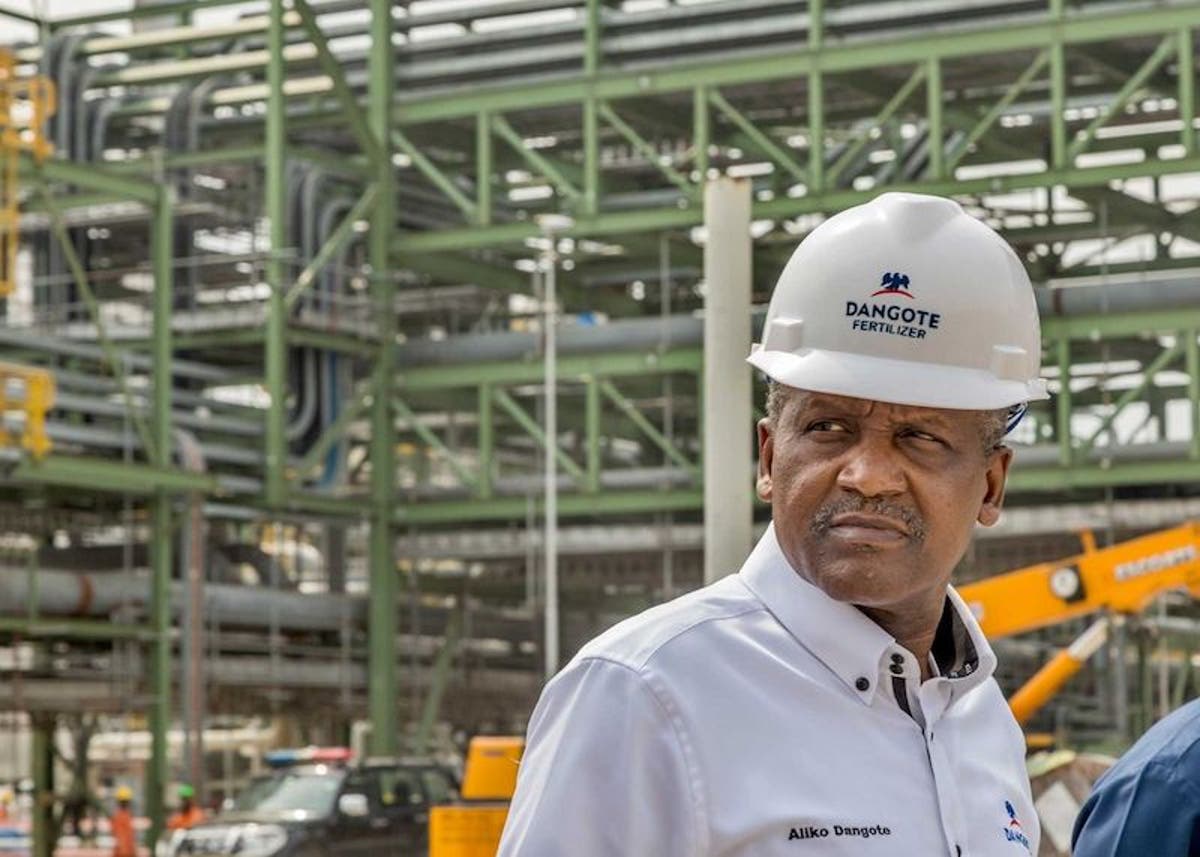On August 16, Nigeria’s National Security Adviser (NSA), Nuhu Ribadu, announced that security services had captured two terrorist leaders who have been on the wanted list for a long time. They are Mahmud Muhammad Usman, a leader of the al-Qaida-linked faction Jama’atu Ansarul Muslimina fi Biladis Sudan, popularly known as Ansaru and his colleague Mahmud al-Nigeri. The leader, Malam Mamuda, was described by the NSA as someone who had been trained in Libya between 2013 and 2015 under foreign jihadist instructors from Egypt, Tunisia, and Algeria, specializing in weapons handling and Improvised Explosive Device (IED) fabrication.
The NSA said the arrest was “the most decisive blow against Ansaru” since its inception and would open doors to more arrests given the intelligence obtained. The two men have jointly spearheaded multiple attacks on civilians, security forces and critical national infrastructure. I join numerous Nigerians and the international community in congratulating our security forces for this victory.
It would be recalled that Ansaru emerged in 2012 as a breakaway splinter group from Boko Haram. The two sides had developed differences and disagreements over the targeting of civilians and the approach of the then leader of Boko Haram, Abubakar Shekau in using mass-casualty violence against civilians and Muslims. Ansaru opted for a tactic of targeting Western and high-profile Nigerian objectives and on hostage-taking for leverage. They also developed close ties with al-Qaida in the Islamic Maghreb (AQIM), which shaped their doctrine and operational tactics.
The capture of leading members of terrorist groups is always an important event but its success in degrading the ability of the group to continue its terrorist activities is always a function of the ability of the security agencies to follow up with more attacks that can prevent the group recuperating and re-organising after the blow. Way back in 2016, security forces had arrested another leader of the group, Khalid al-Barnawi in Lokoja, Kogi State. It appeared at that time that the group had been decapitated and their activities ceased for some time but they were allowed to rebuild and reorganise. This has happened so many times.
The core impediment against the successful suppression of terrorism and banditry has been insufficiencies in the capacity and capability of our armed and security forces to sustain a barrage of attacks that would finish the combatants. The first problem is that of numbers. Over the last two decades, the numbers of insurgents, terrorists and armed bandits in Nigeria have been growing astronomically while the size of our security operatives has been growing rather modestly. The numbers simply do not march. This insufficiency has to be addressed with the urgency that is required.
Maybe the greatest concern for all of us should be the concordant reports about the degraded arms, equipment and supplies of our troops. If the insurgents have been scoring more points than our armed forces for such a long time, it must be because they have developed a relative advantage vis-à-vis our troops and that problem too needs to be addressed. How many times have we seen reports about our troops being poorly armed in relation to the sophisticated weaponry regularly displayed by the enemy. In addition, it is often reported that our troops are often poorly fed and their allowances not fully paid, a situation that is bound to negatively affect their morale. Successive governments have failed to adequately address this problem.
The problems we face go beyond the kinetic level. I am aware that winning the war is no easy matter. Asymmetrical warfare is very difficult to win because the terrorists are mobile and can hide and strike almost at will. Winning the war is virtually impossible if we are unable to address the conditions that led to the insurgency in the first place. Today, Nigeria finds itself in the frightening position of having the largest number of out of school children in the world. At the same time, we also have the largest number of poor people in the world, the greatest number residing in the northern part of the country which is the most affected. One key finding by poor Nigerians is that engaging in the war is a profitable venture. The outcome of this discovery has led to more fronts emerging from year to year. What was initially an insurgency in parts of the North East has now spread to most parts of Northern Nigeria and beyond.
During the first phase of the Boko Haram insurgency, a serious effort aimed at developing and popularising counter-radicalising narratives could have stemmed the growth of the movement but that did not occur. The mass communication of Boko Haram ideology was not stopped and they grew in strength. When Boko Haram started, many ulema criticised their religious ideology articulating robust theological refutations of their doctrine. If the State had provided significant support for such initiatives, their growth might have stemmed a long time ago.
Maybe the most serious generator of violent extremism and bandit terrorism in Nigeria is the perception Nigerians have developed of the governing class. They are accurately seen as being extremely corrupt, self-serving and completely disinterested in the progress of the Nation. Many within the younger generation have come to see themselves as inheritors of the governing class and are copying their behaviour. They are adopting their culture of using violence to steal the people’s resources, rape and assault women and engage in the primitive accumulation of capital for their self-aggrandisement. This explains the trajectory taken of procuring arms and using them to impoverish community and society for their selfish interests. If leaders will not work for the people and will continue to exploit and oppress them, they ignite the same behaviour in the young generation. The way forward is to have a national leadership that has integrity and works for the interest of the ordinary people, they can then breed a new leadership in their image. Don’t ask me how.
